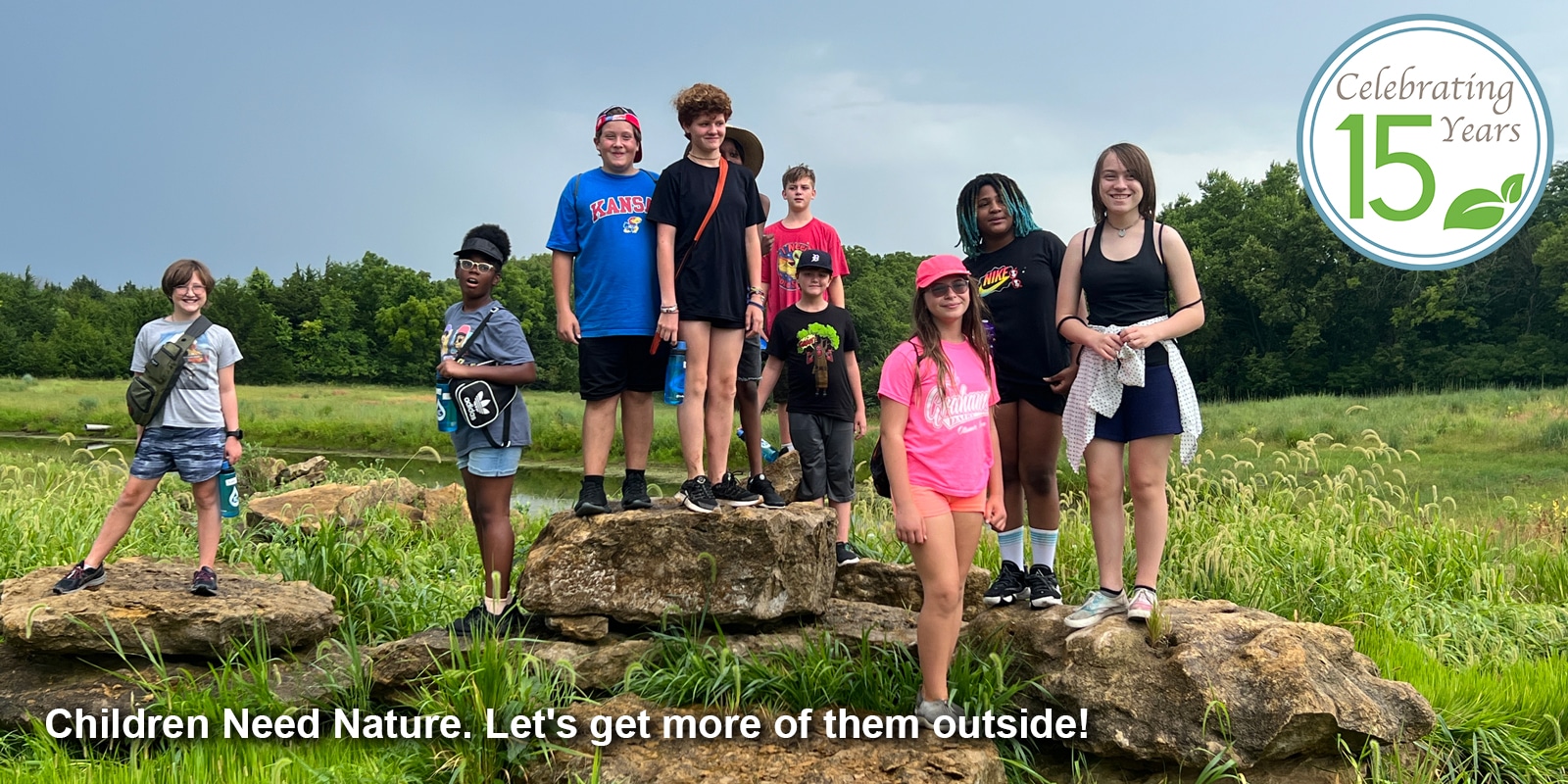In today’s fast-paced and technology-driven world, children are spending more time indoors and less time connecting with nature. However, the great outdoors offers a wealth of opportunities for children to learn, grow, and thrive. In this blog post, we delve into the myriad benefits of kids spending time in nature, from physical health to cognitive development, social skills, and emotional well-being.
1. Physical Health and Well-Being
One of the most tangible benefits of spending time in nature is the positive impact it has on children’s physical health. Outdoor activities such as hiking, biking, and playing sports promote physical fitness and overall well-being. Unlike indoor environments, the outdoors provide ample space for children to run, jump, and explore, helping them develop gross motor skills and coordination.
Moreover, exposure to natural sunlight facilitates the production of vitamin D, essential for bone health and immune function. By spending time outdoors, children can strengthen their immune systems and reduce their risk of vitamin D deficiency, which is increasingly common among children who spend excessive time indoors.
2. Cognitive Development and Academic Performance
Nature serves as a natural playground for children’s cognitive development. Engaging in outdoor exploration stimulates curiosity, problem-solving skills, and creativity. Whether observing wildlife, identifying plant species, or navigating natural landscapes, children are constantly challenged to make sense of their surroundings, fostering critical thinking and spatial awareness.
Research has shown a positive correlation between time spent in nature and academic performance. Exposure to green spaces has been linked to improved concentration, enhanced attention span, and better performance on cognitive tasks. Nature offers a dynamic and multisensory learning environment that complements traditional classroom-based education, enriching children’s overall academic experience.
3. Emotional Regulation and Mental Well-Being
The tranquility and beauty of nature provide a soothing antidote to the stresses of modern life. Spending time outdoors has been shown to reduce stress, anxiety, and symptoms of depression in children. Nature offers a refuge from the noise and distractions of urban environments, allowing children to unwind, relax, and recharge.
Furthermore, nature-based activities such as gardening, hiking, and camping promote mindfulness and emotional regulation. By immersing themselves in the present moment and connecting with the natural world, children develop a greater sense of self-awareness and emotional resilience. Nature acts as a natural therapist, nurturing children’s mental well-being and promoting a positive outlook on life.
4. Social Skills and Relationship Building
Nature provides a fertile ground for the development of social skills and the formation of meaningful relationships. Outdoor environments encourage cooperative play, teamwork, and communication among children. Whether building forts, exploring nature trails, or sharing stories around a campfire, children learn valuable lessons in empathy, cooperation, and conflict resolution.
Moreover, spending time in nature fosters a sense of community and belonging. Outdoor activities often bring children together in shared experiences, forging bonds that transcend social barriers. Nature serves as a common ground where children from diverse backgrounds can come together, form friendships, and build lasting memories.
5. Environmental Awareness and Stewardship
Exposure to nature instills in children a deep appreciation for the environment and a sense of responsibility towards its preservation. By exploring natural habitats and learning about ecosystems, children develop an understanding of the interconnectedness of all living things. They come to recognize the importance of conservation and sustainable living practices in protecting the planet for future generations.
Engaging in environmental activities such as recycling, tree planting, and wildlife conservation projects empowers children to become stewards of the environment. By taking an active role in caring for the natural world, children develop a sense of agency and purpose, contributing to a more sustainable and environmentally conscious society.
6. Sensory Exploration and Stimuli
Nature offers a sensory-rich environment that stimulates children’s senses in ways that indoor settings cannot replicate. From the feel of grass beneath their feet to the sound of birdsong and the scent of wildflowers, every aspect of nature provides a unique sensory experience.
Sensory exploration in nature enhances children’s perceptual skills and sensory integration. By engaging with the natural world through touch, sight, hearing, and smell, children develop a deeper understanding of their surroundings and a greater appreciation for the beauty and diversity of nature.
7. Risk-Taking and Resilience Building
Outdoor environments present children with opportunities for risk-taking and resilience building. Climbing trees, crossing streams, and exploring unfamiliar terrain require children to assess risks, make decisions, and overcome challenges. While supervised by adults, these activities empower children to develop confidence in their abilities and resilience in the face of adversity.
By taking calculated risks and learning from their experiences, children build resilience and adaptability, essential skills for navigating life’s uncertainties. Nature provides a safe and supportive environment for children to test their limits, overcome obstacles, and grow both mentally and emotionally.
8. Promotion of Healthy Habits and Lifestyles
Spending time in nature promotes healthy habits and lifestyles that can have lifelong benefits. Outdoor activities encourage physical activity and exercise, reducing the risk of obesity and related health issues. Moreover, exposure to natural environments has been shown to improve sleep quality, enhance mood, and boost overall well-being.
Children who spend time outdoors are more likely to develop a lifelong appreciation for physical activity and nature-based recreation. By instilling healthy habits early in life, parents can set the stage for a lifetime of health and wellness for their children.
Conclusion
The benefits of kids spending time in nature are vast and multifaceted, encompassing physical, mental, emotional, and social aspects of development. From promoting physical fitness and academic success to fostering emotional resilience and environmental stewardship, nature plays a vital role in shaping children’s lives.
As parents, educators, and caregivers, we have a responsibility to ensure that children have ample opportunities to connect with the natural world. By prioritizing outdoor experiences and encouraging nature-based activities, we can nurture the holistic development of children and instill in them a lifelong love for the great outdoors.
In a world that is increasingly dominated by technology and indoor pursuits, let us not forget the profound benefits that nature offers to our children’s health, happiness, and overall well-being. Let us cultivate a generation of nature lovers and environmental champions who will carry forward the legacy of stewardship and appreciation for the natural world.




